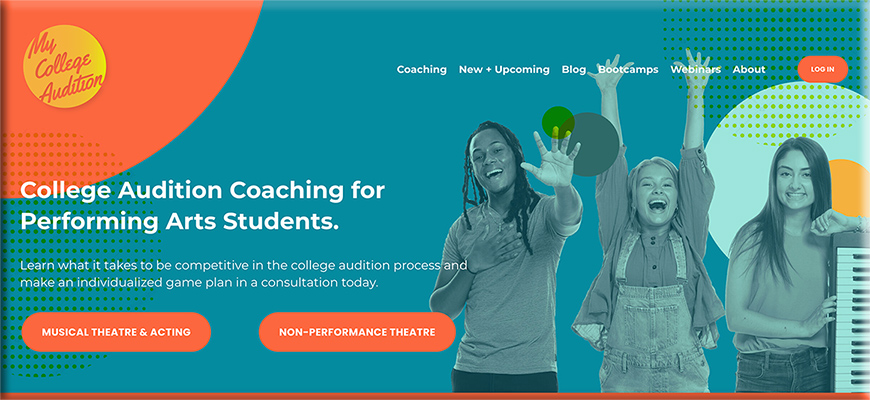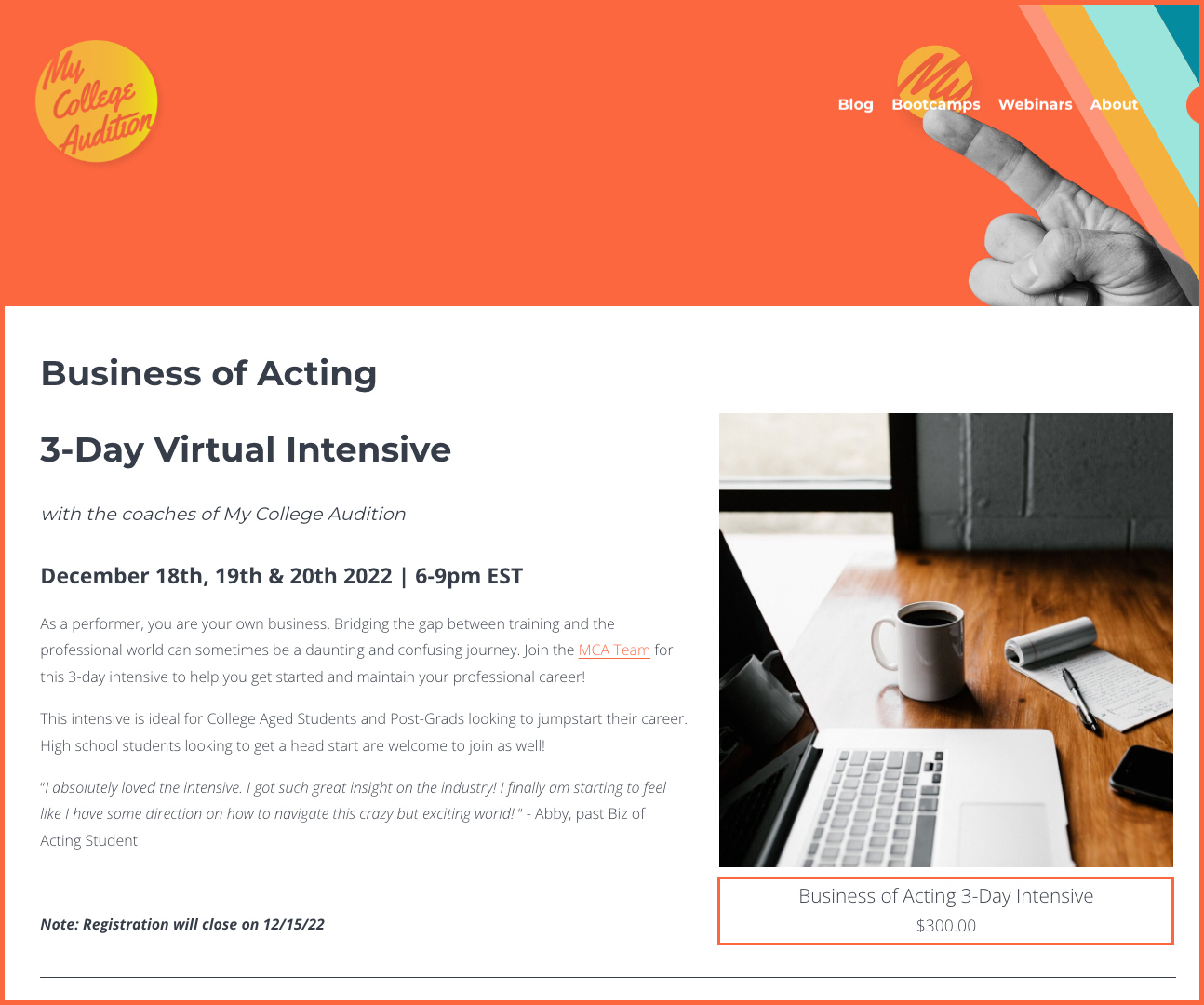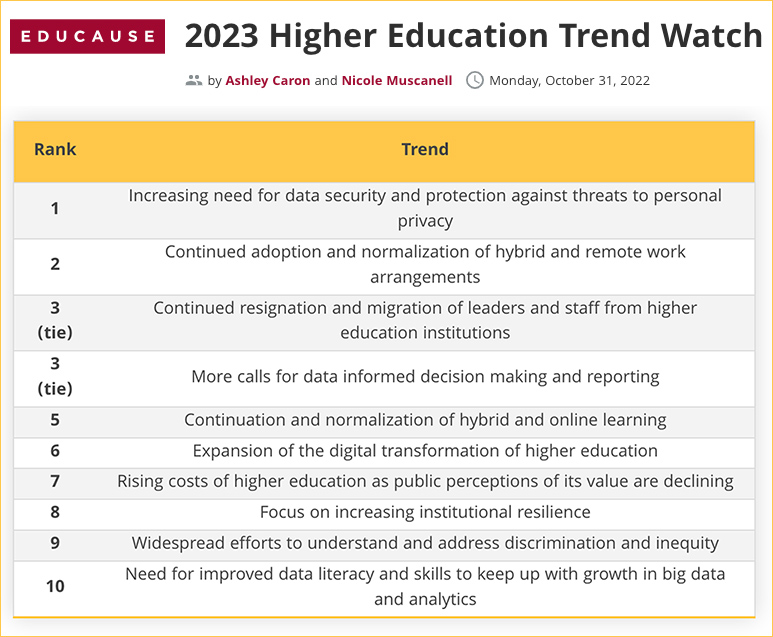Hard Truths That Higher Education Has Evaded for Too Long — from insidehighered.com by Steven Mintz
The brutal truths that institutions don’t want to acknowledge.
If we want to make higher education truly equitable and produce the learning outcomes that we claim to seek, then we must confront painful truths no matter how uncomfortable they make us.
Preaching to, and Challenging, the Liberal Arts Choir — from insidehighered.com by Doug Lederman
In a conversation with presidents of small private colleges, tech company executives praise graduates’ leadership and critical thinking ability but say they need to develop skills for a first job, too.
Excerpt:
In that more competitive landscape, Ferrick and others said, colleges should think in terms of “both-and”—delivering a four-year degree grounded in the liberal arts that remains the best preparation for a lifetime career, yes, but also building into their curricula more practical digital and other skills that can help graduates compete for a first job.
The Edge: Momentum Builds for ‘Credential as You Go’ — from chronicle.com by Goldie Blumenstyk
Excerpt:
A higher-ed credential system that’s ‘not all about degrees.’
Holly Zanville has a clear goal for the Credential as You Go initiative she co-leads: Shift the entire “degree-centric” model of postsecondary education to make it easier for people to develop skills and knowledge in shorter chunks while recognizing “meaningful learning along the way.”
Whatever you think of its prospects, you can hardly fault the effort for a lack of ambition.
Ideally, students will layer incremental credentials over a lifetime of learning.
Goldie Blumenstyk
Issue #11: Navigating the credential maze — from theview.substack.com by Gordon Macrae
Running to stand still.
Excerpt:
The credentials market for degree and non-degree programs is… complex.
A recent report from the non-profit Credential Engine identified 1,076,358 different credentials – from specialized certificates to bachelor’s degrees to PhDs.
Credential Engine started producing these reports in 2018. Back then there were “just” 334,114 credentials. In the last four years, the number of certifications has more than trebled. And from 2021 to 2022, there’s been a 38% increase in providers issuing certificates.
.
When you eyeball the largest higher ed institutions by enrollment comparing 2012 to today, it’s pretty clear that online degrees have driven – essentially – ALL of the growth.
Brandon Busteed commenting on Phil Hill’s posting (also listed below)
.
Fall 2021 Largest Institutions by Total Enrollment and DE Type — from philonedtech.com by Phil Hill
Excerpt:
Based on reader request after yesterday’s post, I’d like to share another view of largest US higher education institutions, this one ranked by total enrollment with color coding of distance education (DE) type. This chart combines undergrad and grad student enrollments.
Mental Health Is the Top Student Stressor — from insidehighered.com by Johanna Alonso
Excerpt:
Fifty percent of college students cited their own mental health struggles as their top stressor going into 2023, according to a survey of 1,200 students nationwide conducted by the virtual health services provider TimelyMD. Thirty-nine percent of respondents said they were most concerned about their personal finances, and 37 percent named academics, while mass shootings and inflation were each cited by 35 percent.















